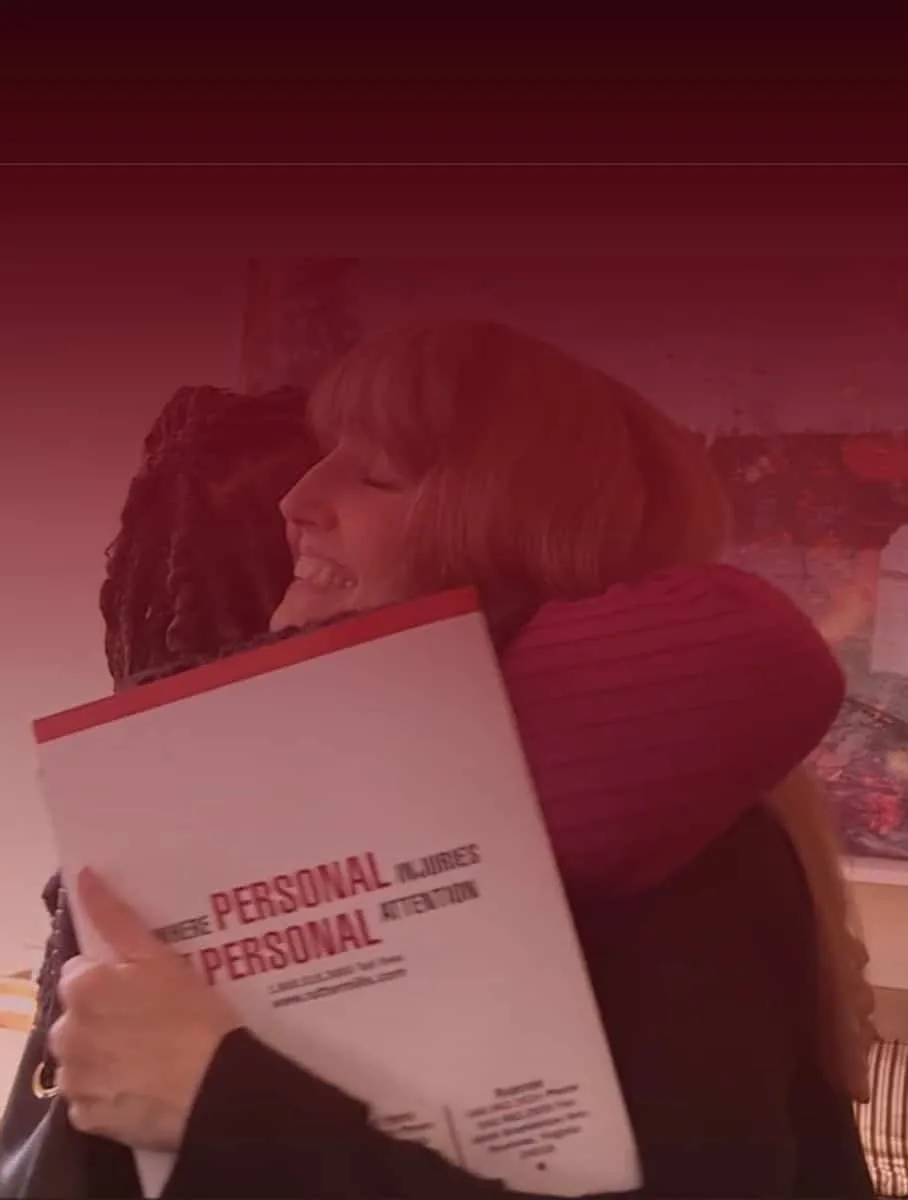
We’re Here for You
Contact Us for a Free Case Evaluation
Our team is ready to listen day or night – 7 days a week, so contact us now to see how we can help you on the road to recovery.

You’ve just been in a car accident. Who do you call? What do you say to insurers when they call you?
The car accident lawyers at Rutter Mills coach you through this tumultuous time, so you do not say anything that might diminish your financial recovery, should you decide to pursue a lawsuit.
Virginia Code u00a7 46.2-894 requires you to report any accident in which:
You generally do not need to file a report if you were in a single-vehicle collision that caused minor cosmetic damage and no other property damage. For all other accidents, you are expected to report the accident as soon as you are medically able to do so. Under very particular circumstances, failure to report the accident to local law enforcement could subject you to a misdemeanor charge. Regardless of the statutory requirements, a police report will come in handy should you ever wish to pursue compensation for your medical bills, lost income, or other accident-related losses.
In addition to filing a police report, you should also contact your own insurance company to let them know about the accident. Most insurers provide 24/7 customer service lines and online forms to make reporting as easy as possible. As a “fault” car accident state, Virginia requires the motorist who caused the collision to pay for all damages. They allow for the assessment of “contributory negligence,” which means fault can be shared among parties found liable. It is advisable that you file your insurance claim as soon as possible – typically same-day or next-day to avoid raising suspicions about the validity of your claim.
You will need to provide the following information to your insurer:
Avoid saying too much about your perception of what occurred. Emotions run high after an accident, but you want to stick to the facts. Do not admit liability or speculate by saying things like, “I think.” If you are unsure of something, simply state, “I don’t know.” And remember- It is your right to speak to an attorney first or even have them present when you talk to an insurance company.
You do not have to speak with the other driver’s insurance company. You do not have to give a recorded statement, even if you believe liability is clearly in your favor.
Insurers can be tricky. The adjuster may ask how you’re doing. But a simple, “I’m fine” response can be used against you as proof that you are not, in fact, injured. Even if you do feel fine, keep in mind not all injuries manifest immediately, and some worsen with time.
Be careful not to volunteer more information than what is needed. Extraneous statements may be used against you, resulting in a reduction in the value of your claim or refusal of reimbursement altogether. Remember, the goal of the insurance company is to pay out as little money as possible. Adjusters do not necessarily have your best interests in mind, no matter how polite and helpful they may seem on the phone. They are still looking for some way to blame you in an effort to reduce their liability. The purpose of taking a recorded statement is to set in stone your version of events, but recollections can change in the days that follow. It is wise not to make a statement until the dust has settled, and your memory is clear.
Remember the following tips when dealing with insurance companies:
You can always count on an experienced car accident lawyer from Rutter Mills for guidance in the days, weeks, and months to come. It costs nothing upfront to obtain a free case evaluation and file a lawsuit. You only pay a legal fee if we recover a settlement on your behalf.
A Rutter Mills case is a serious case. It may mean you have been badly injured. It certainly means you have a lot on the line, and the resolution of your case will make a big difference to you, your family, and your life moving forward.
Contact Us for a Free Case Evaluation
Our team is ready to listen day or night – 7 days a week, so contact us now to see how we can help you on the road to recovery.
